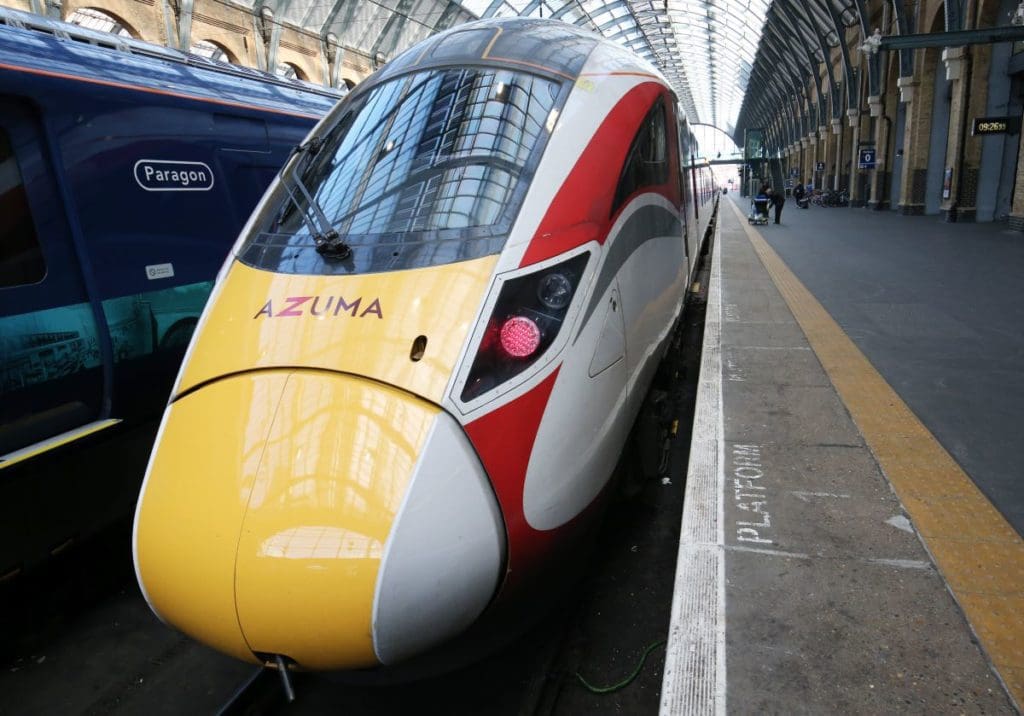Train operators have been criticised for continuing to run reduced timetables four days after planned strikes were called off.

Many services started later than normal on Tuesday, with some companies operating fewer trains than usual throughout the day.
Operators produced emergency timetables after rail unions announced strikes on Saturday November 5, Monday November 7 and Wednesday November 9 in a long-running dispute over jobs, pay and conditions.
Enjoy more Railways Illustrated Magazine reading every month.
Click here to subscribe & save.
The walkouts were called off a day before the first one was due to take place, but several companies have been unable to run normal services over the period, citing staffing difficulties and rolling stock being in the wrong place.
Many operators ran first trains at around 7am on Tuesday, which is approximately two hours later than normal.
South Western Railway urged passengers to “avoid travelling before 8am if you can”.
CrossCountry had a “limited timetable”, Great Western Railway ran “a reduced level of service throughout the day”, while East Midlands Railway said there was “a later start-up and minor alterations throughout the day”.
Transport writer Christian Wolmar criticised London North Eastern Railway (LNER) as he struggled to travel from London King’s Cross to York on Tuesday morning.
In its response, LNER stated: “It’s been one working day since the strikes were called off late on Friday, we are aiming to return to a near full timetable from tomorrow.”
Mr Wolmar told the PA news agency: “They should have paid the planners a bit of overtime and got people in and had a bit of wartime spirit about it.
“Instead, it’s kind of ‘Oh, it’s all too difficult’.
“Southeastern had a full service today, so it can be done.”
Mr Wolmar, a former Labour parliamentary candidate, claimed there is a “lack of can-do spirit” around Britain’s railways.
He went on: “It’s become a nobody-gives-a-damn railway. There’s nobody in charge. We’ve had three transport secretaries in the space of three months.
“There’s reforms that are not happening. It’s all adrift.
“Both the railways and the Government need to get a grip about it.”
Harpenden Thameslink Commuters, a campaign group calling for better services from the Hertfordshire town, posted an image on Twitter showing a platform full of passengers who struggled to get on to a train.
It asked Thameslink: “Given you’ve had four days to plan, was it really a good idea to use an eight-carriage train as the first service to London at 7.50am?
“Not only were people left on the platform after the 7.50am, even the next train couldn’t accommodate people trying to get to work to earn the money to pay Thameslink’s rail fares.”
One passenger wrote that it was “so frustrating” the first northbound CrossCountry train from Southampton did not depart until 10.15am.
A spokesman for industry body the Rail Delivery Group (RDG) said: “Train companies have worked really hard over the weekend to reinstate services this week following the late-notice suspension of strike action by the RMT (Rail, Maritime and Transport union) leadership.
“The majority of services have returned to normal today, but there may be some starting later and finishing earlier.
“We intend to run a full timetable across the majority of the network tomorrow.
“We apologise for any inconvenience caused to passengers, and we encourage anyone travelling to continue to check before they set off for their journey while we reinstate timetables.”
The planned strikes were due to be carried out by members of the RMT and Transport Salaried Staffs’ Association (TSSA).
The RMT suspended its strikes, saying it had secured “unconditional” talks with Network Rail and the promise of a pay offer from the train operating companies.
The TSSA called off its planned action after receiving an invitation to “intensive talks” from the RDG.
Last month, then-transport secretary Anne-Marie Trevelyan told MPs that the Government has axed its plan to introduce a Transport Bill during the current parliamentary session because legislation to deal with the energy crisis is being prioritised. That means the creation of Great British Railways – a new public sector body to oversee Britain’s railways – has been delayed.





